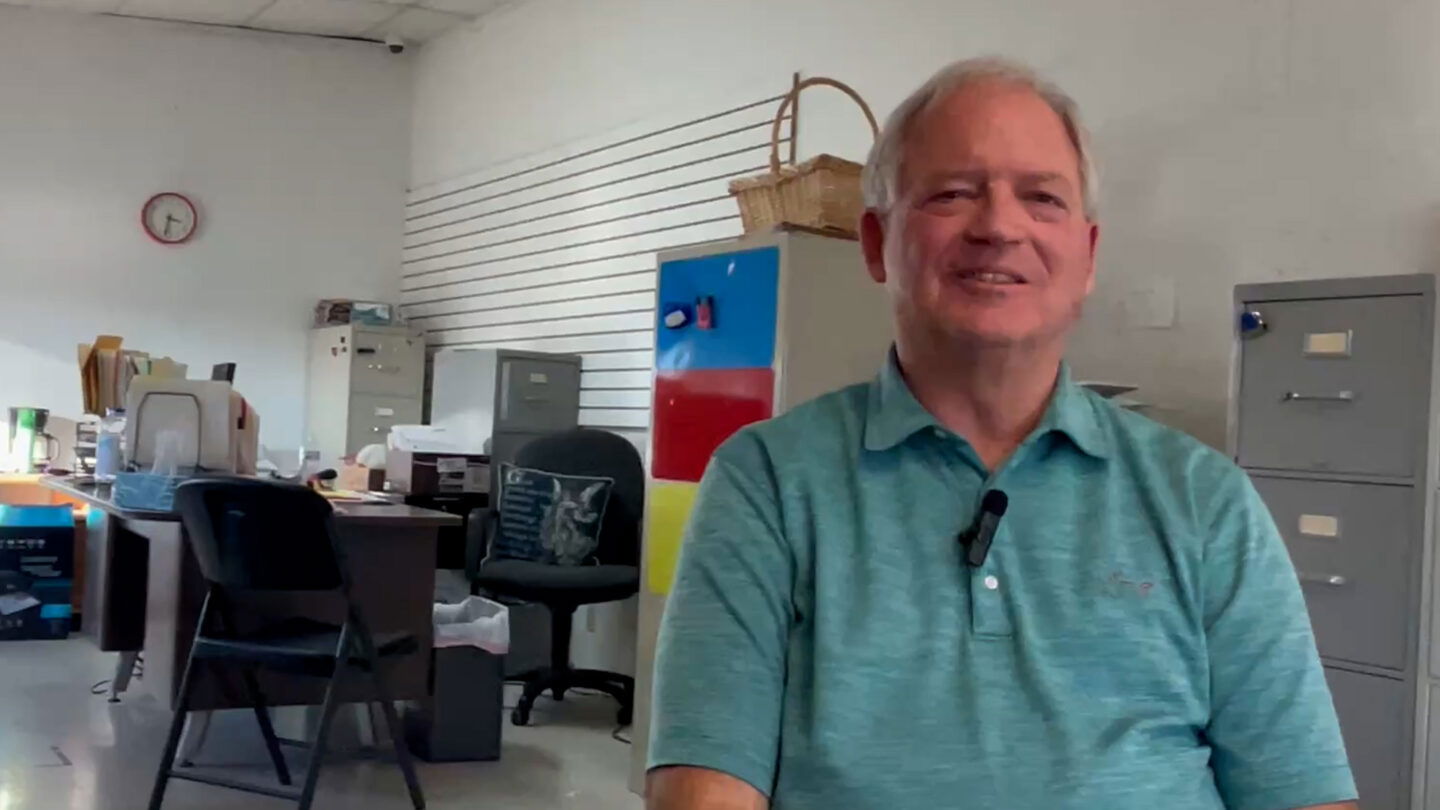The Crossing re-entry program offers bridge for ex-prisoners

By Charles Christian
One St. Joseph agency’s program is helping combat the recidivism rate by helping ex-prisoners re-enter society.
Though The Crossing may be best known for its food distribution center, which reaches more than 1,500 people per month, its re-entry program, which houses around a dozen men at a time, is providing a new start for those recently released from prison. Roger Lenander, executive director of the Crossing, said the program has experienced success in three key areas that present the biggest obstacles to ex-inmates.
“The men sign a 150-day covenant that includes a pledge to stay sober, to be fully employed and to pay a weekly rental fee,” Lenander said. “We provide resources for all three of these areas so that they can get back on track.”
During the 150 days, the men are assisted in getting jobs either on campus or elsewhere in the community. They also can attend certification classes or training schools to help them move forward in their jobs once they leave the program. Lenander said the success rate has been encouraging, with most men exiting the program being able to secure housing and work — which includes the possibility of continuing the job they began while in the program — and having a better sense of how to manage finances.
“Most of these men, whether they are battling homelessness, addiction, recent incarceration or all of the above, have never experienced financial stability,” Lenander said. “So learning to budget what they make and not spend it on their addiction or in other reckless ways gives them a new start.”
Each month, about 40 recently released prisoners come through the program. Roger Westcott, the program manager for re-entry, said those involved are challenged to focus on stability and sobriety.
“We give them 72 hours to check out the program and see if they are serious about the 150-day commitment,” Westcott said. “From there, I help them get the paperwork together and help them get jobs and schools or programs that can help them.”
Both Lenander and Westcott said that many of the men come into the program with little more than the clothes on their backs. Through the food pantry, help with sobriety and money management, many can establish a stable life and job that was once only a dream. Some even come back and volunteer in programs at The Crossing after they complete the re-entry program.
“It’s like God is working, and God is bringing them to me and to Roger to get them on the right track,” Westcott said. “We want to keep them on the right track to be successful.”
Lenander said volunteers are always needed in food distribution, the re-entry program and the thrift store offered at The Crossing. For more information, visit crossing-outreach.org.



